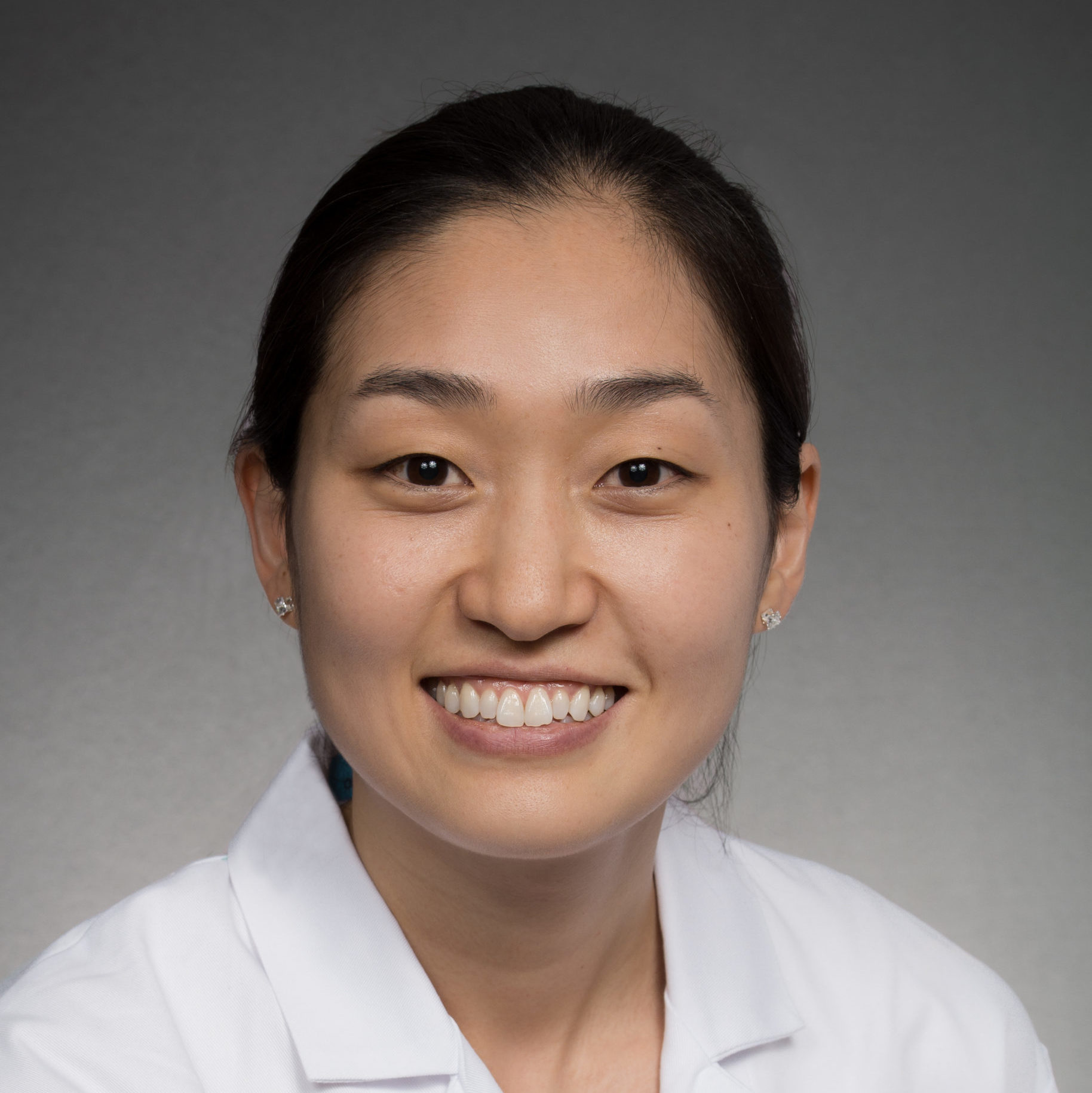February AI Spotlight: Cecilia S. Lee, MD, MS

Dr. Cecilia Lee is a retinal specialist and professor of ophthalmology at the University of Washington. She is the Director of Clinical Research in the Department of Ophthalmology and holds the Klorfine Family Endowed Chair. Her research areas of interest include applying big data, artificial intelligence, and epidemiology to investigate the relationship between the aging eye and the aging brain. She has published widely and her academic work has appeared in JAMA Internal Medicine, Ophthalmology, JAMA Ophthalmology, and many other journals. She currently serves on the Scientific Review Board of the Alzheimer’s Drug Discovery Foundation, and she has served in various leadership roles at the American Academic of Ophthalmology and other professional organizations. Dr. Lee attended Emory University for undergraduate and medical school, and continued on at Emory for her ophthalmology residency. She completed a uveitis fellowship at Washington University, a medical retina fellowship at Moorfields Eye Hospital in London, and a Master of Science degree in Epidemiology at the University of Washington.
Cecilia and Aaron Lee are co-co-principal investigators of a computational ophthalmology research lab at the forefront of translating artificial intelligence into ophthalmology research and practice. The Lee Lab focuses on using artificial intelligence/machine learning (AI/ML) and big data research in transdisciplinary fields such as ophthalmic imaging, neuroradiology, and neuropathology. Dr. Cecilia Lee leads a large, multicenter study (“Eye ACT” NIA R01AG060942) investigating retinal biomarkers of Alzheimer’s disease in the Adult Changes in Thought (ACT) study. A key finding from this research was the discovery of an association between cataract extraction and a reduced risk of dementia in this cohort. Dr. Lee is passionate about investigating the relationship between aging eyes and aging brains to better understand neurodegenerative pathologies such as age-related macular degeneration and Alzheimer’s disease, as well as exploring the retina as a window into systemic diseases. Dr. Aaron Lee’s research is focused on the intersection of large clinical medical datasets and non-traditional computational techniques, such as applying novel visualization approaches to analyze results from cloud and cluster-based computing environments. He has created programs to process next-generation sequencing data in supercomputing environments and analyzed numerous Big Data sources including CMS, US Census, and NLM MEDLINE archives.
Aaron and Cecilia Lee were recently awarded an NIH O2 grant as part of the Bridge to Artificial Intelligence (Bridge2AI), which has an overall goal of facilitating and promote the adoption of AI approaches to tackle complex biomedical challenges. One major obstacle facing the advancement of AI-based research is the lack of data that is optimized for machine learning. The goal of the Lee Lab Bridge2AI funded project, Artificial Intelligence Ready and Equitable Atlas for Diabetes Insights (AI-READI, https://aireadi.org/), is to develop a flagship multimodal dataset to enable future generations of AI/machine learning researcher to provide critical insights into the development of type 2 diabetes mellitus (T2DM). Research participants are recruited across the full spectrum of normoglycemia, prediabetes, and type 2 diabetes and the study includes many participants with overweight and obesity. The UW NORC has been playing a critical role in this project by performing clinical phenotyping, sample collection, as well as laboratory tests included in the data collection protocol. To date, over 670 participants have completed study visits at UW and researchers are already using the generated data, which has been made available following the Fair, Accessible, Interoperable, and Reusable (FAIR) principles for data sharing (AI-READI, https://aireadi.org/).
Dr. Lee uses UW NORC services for the AI-READI project including performing laboratory assays and designing a complex processing protocol for the multi-site project by the Analytic Core (Dr. Andy Hoofnagle) and study implementation services for conduct of research procedures by CTRS Core based at the UWMDI Clinical Research Unit (Dr. Ellen Schur).
To learn more about Dr. Lee’s research publications, click here
